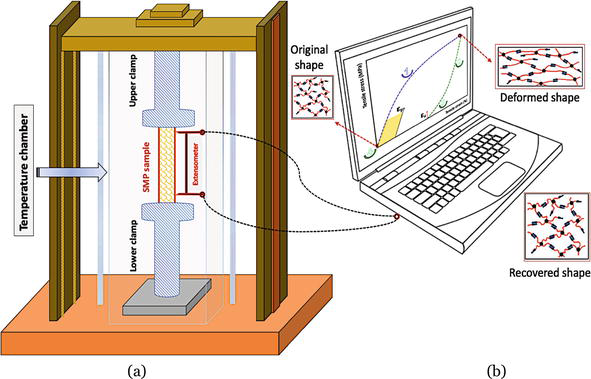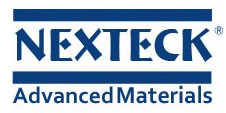Using computer simulation, Alberto Ferrari calculated a design proposal for a shape memory alloy that retains its efficiency for a long time even at high temperatures. Alexander Paulsen manufactured it and experimentally confirmed the prediction. The alloy of titanium, tantalum and scandium is more than just a new high-temperature shape memory alloy. There are many successful examples of the application of high temperature memory alloys in the aerospace field. The most typical one is the huge antenna on artificial satellites.

Avoiding the unwanted phase
Shape memory alloys can re-establish their original shape after deformation when the temperature changes. This phenomenon is based on a transformation of the crystal lattice in which the atoms of the metals are arranged.
Researchers refer to it as phase transformation. "In addition to the desired phases, there are also others that form permanently and considerably weaken or even completely destroy the shape memory effect," explains Dr. Jan Frenzel from the Institute for Materials. The so-called omega phase occurs at a specific temperature, depending on the composition of the material. To date, many shape memory alloys for the high temperature range would withstand only a few deformations before they became unusable once the omega phase set in.
Promising shape memory alloys for high temperature applications are based on a mixture of titanium and tantalum. By changing the proportions of these metals in the alloy, researchers can determine the temperature at which the omega phase occurs. "However, while we can move this temperature upward, the temperature of the desired phase transformation is unfortunately lowered in the process," says Jan Frenzel.
Admixture alters properties
The RUB researchers attempted to understand the mechanisms of the onset of the omega phase in detail, in order to find ways to improve the performance of shape memory alloys for the high-temperature range. To this end, Alberto Ferrari, Ph.D. researcher at Icams, calculated the stability of the respective phases as a function of temperature for different compositions of titanium and tantalum. "He was able to use it to confirm the results of experiments," points out Dr. Jutta Rogal from Icams.
In the next step, Alberto Ferrari simulated small amounts of third elements being added to the shape memory alloy of titanium and tantalum. He selected the candidates according to specific criteria, for example they should be as non-toxic as possible. It emerged that an admixture of a few percent of scandium would have to result in the alloy functioning for a long time even at high temperatures. "Even though scandium belongs to the rare earths and is, consequently, expensive, we only need very little of it, which is why it's worth using anyway," explains Jan Frenzel.

Prediction is accurate
Alexander Paulsen then produced the alloy calculated by Alberto Ferrari at the Institute for Materials and tested its properties in an experiment: the results confirmed the calculations. A microscopic examination of the samples later proved that even after many deformations no omega phase was found in the crystal lattice of the alloy. "We have thus expanded our basic knowledge of titanium-based shape memory alloys and developed possible new high-temperature shape memory alloys," says Jan Frenzel. "Moreover, it's great that the computer simulation predictions are so accurate." Since the production of such alloys is very complex, the implementation of computer-aided design proposals for new materials promises much faster success. New alloy technology will benefit relavent field, Nexteck Technology's engineers are very interested in this sort of memory alloy.
Attend exhibitions, focus on industry devolpment trend and new technology,Nexteck Technology Limited keeps pace with the times ,exploring and innovating so as to achieving continuous development.
TAG: Shape Memory Alloy memory alloy high temerature memory alloy




